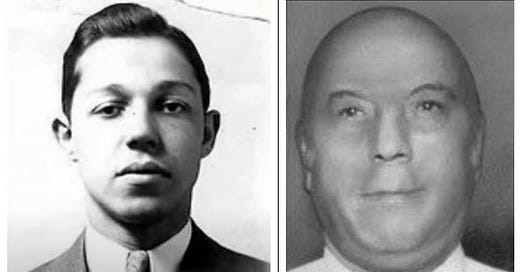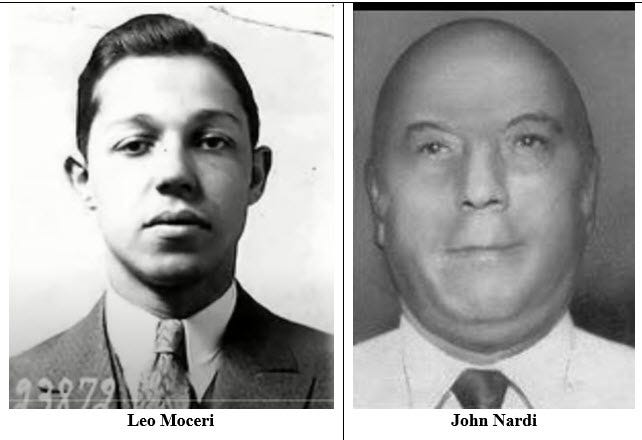The murder of Danny Greene and the fall of the Cleveland Mafia (2)
James Licavoli succeeds John Scalish as the local crime boss
Keep reading with a 7-day free trial
Subscribe to MOBOLOGY to keep reading this post and get 7 days of free access to the full post archives.





